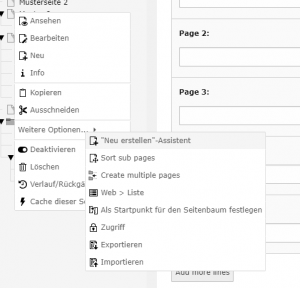Hat man eine Nummer und möchte dynamisch eine Folgenummer bilden, die sich nach dem letzten Zeichen richtet, kann man in Visual Basic folgende Funktion verwenden:
Imports System.Text.RegularExpressions
Module VBModule
Function NextLetter(c As String) As String
If c = "Z" Then
Return "Z-1"
ElseIf c = "z" Then
Return "z-1"
End If
Return Chr(Asc(c) + 1)
End Function
Function NextNr(ByVal val As String) As String
Dim regPatternNumber As String = "\d+$"
Dim regNumber As Regex = New Regex(regPatternNumber)
Dim matchNumber As Match = regNumber.Match(val)
Dim regPatternChar As String = "[A-Za-z]+$"
Dim regChar As Regex = new Regex(regPatternChar)
Dim matchChar As Match = regChar.Match(val)
If matchNumber.Success Then
Dim NextNumber As Integer = Convert.toInt32(matchNumber.value)
NextNumber = NextNumber + 1
Return Regex.Replace(val, regPatternNumber, cstr(NextNumber))
ElseIf matchChar.Success Then
Return Regex.Replace(val, regPatternChar, NextLetter(matchChar.value))
Else
Return val + "-1"
End If
Return "_"
End Function
Sub Main()
Console.WriteLine(NextNr("A/1"))
Console.WriteLine(NextNr("A/1/B"))
Console.WriteLine(NextNr("A/1/Z"))
Console.WriteLine(NextNr("A/1/["))
Console.WriteLine(NextNr("A/1/10"))
End Sub
End Module
Die gleiche Funktion in PHP findet man hier.
